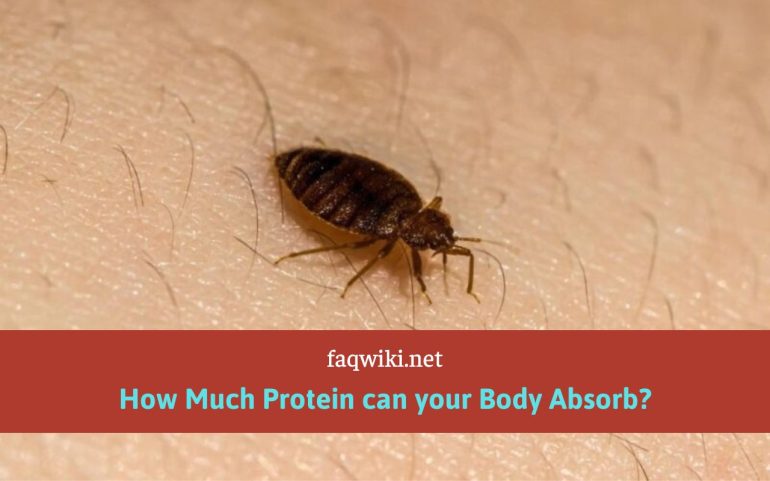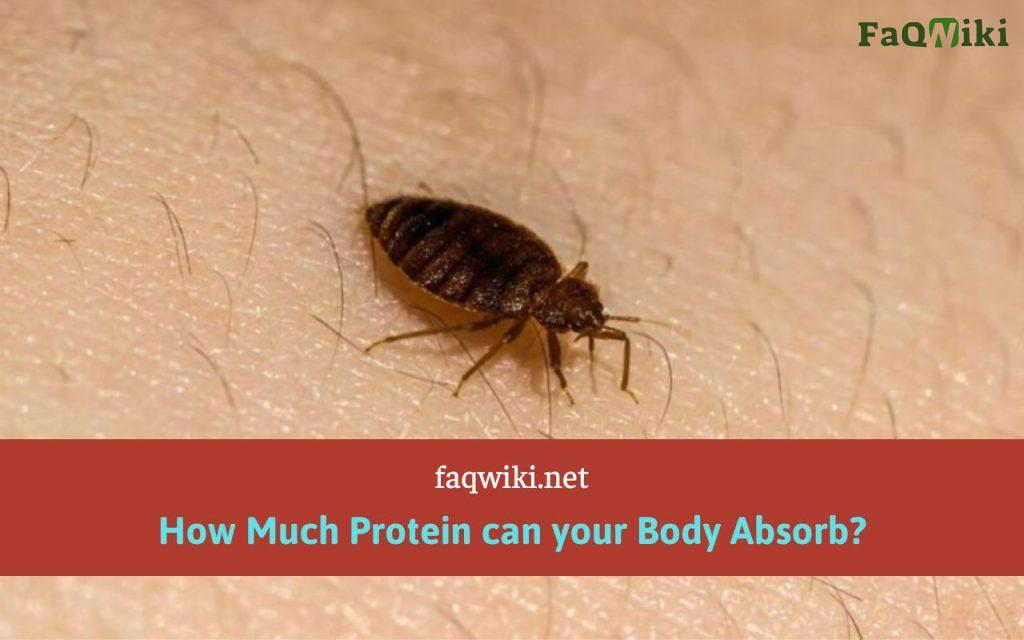How Long Can Bed Bugs Live Without Food?

How Long Can Bed Bugs Live Without Food? Bed bugs are small, reddish-brown insects that are notorious for their ability to infest homes and cause sleepless nights. Understanding bed bug behavior is crucial for preventing and controlling infestations. One of the most common questions people have about bed bugs is how long they can survive without food. In this article, we will explore the answer to this question in detail and provide insights into the biology and behavior of bed bugs.

Bed Bug Biology
To understand how long bed bugs can survive without food, it is important to understand their biology. Bed bugs are flat, oval-shaped insects that range in size from 1.5 to 4.5 mm. They have six legs, two antennae, and small eyes. Bed bugs undergo a gradual metamorphosis, passing through five stages of development from egg to adult.
Bed bugs mate by traumatic insemination, where the male bed bug pierces the female’s abdomen with his reproductive organ. The female bed bug can lay up to 500 eggs over her lifetime, with each egg taking about 10 days to hatch.
The sustenance of bed bugs is the blood from warm-blooded species, such as us humans. They locate their prey using their sense of smell and typically feed at night when their hosts are sleeping. Bed bugs can survive for several months without feeding, but they require a blood meal to develop and reproduce.
How Long Can Bed Bugs Survive Without Food?
The sustenance of bed bugs relies on various factors and can determine the length of time they can survive without nutrition. The age of the bed bug, temperature, and humidity levels are all important factors in determining how long they can survive without a blood meal.
Adult bed bugs can survive for up to six months without feeding, while nymphs can survive for several weeks. However, these survival times are highly dependent on environmental conditions. Bed bugs require a warm and humid environment to survive, and they cannot survive in extreme temperatures.
How Do Bed Bugs Survive Without Food?
Bed bugs have developed several strategies to survive without food. One of the most important is their ability to enter a state of dormancy known as diapause. During diapause, bed bugs become inactive and can survive for several months without food. Diapause is triggered by changes in temperature, light, and other environmental factors.
Bed bugs can also survive by feeding on alternative hosts, such as bats or birds, which can provide a blood meal. However, this is rare, as bed bugs are highly adapted to feeding on humans.
Understanding Bed Bug Infestations
Bed bugs are skilled at hiding and can infest even the cleanest homes. They typically hide in cracks and crevices in furniture, walls, and bedding. Signs of a bed bug infestation include small bloodstains on sheets, molted bed bug skins, and a musty odor.
Preventing a bed bug infestation is key to avoiding the problems they cause. You can prevent bed bugs by being vigilant when traveling, inspecting second-hand furniture before bringing it into your home, and keeping your home clutter-free.
Bed Bug Control
If you do discover a bed bug infestation in your home, there are several steps you can take to control it. DIY methods include vacuuming and steam cleaning, using bed bug traps, and applying insecticides. However, if the infestation is severe, it may be necessary to call in a professional exterminator.
Bed bug treatment options include heat treatments, cold treatments, and chemical treatments. Each method has its pros and cons, and the best treatment option depends on the severity of the infestation.
Conclusion
In conclusion, bed bugs can survive for several months without feeding, with adult bed bugs being able to survive for up to six months. However, the survival time of bed bugs is highly dependent on environmental conditions, such as temperature and humidity levels. Bed bugs can survive without food by entering a state of dormancy known as diapause or by feeding on alternative hosts, although they are highly adapted to feeding on humans.
Understanding bed bug behavior is key to preventing and controlling infestations. Regularly inspecting your home and belongings for signs of bed bugs, keeping your home clutter-free, and being vigilant when traveling can all help prevent infestations. If you do discover a bed bug infestation in your home, there are several treatment options available, including DIY methods and professional extermination.
Overall, the key to preventing and controlling bed bug infestations is understanding their behavior and taking proactive steps to prevent and control them. By being vigilant and taking appropriate measures, you can keep your home bed bug-free and enjoy a restful night’s sleep.
Read more articles at FAQwiki.net!
FAQs
How long can bed bugs survive without feeding?
Bed bugs can survive for several months without feeding, with adult bed bugs being able to survive for up to six months.
Can bed bugs survive in extreme temperatures?
No, bed bugs require a warm and humid environment to survive, and they cannot survive in extreme temperatures.
How do bed bugs survive without food?
Bed bugs can enter a state of dormancy known as diapause or feed on alternative hosts to survive without a blood meal.
How can I safeguard my home against a bed bug invasion?
You can prevent bed bug infestations by being vigilant when traveling, inspecting second-hand furniture before bringing it into your home, and keeping your home clutter-free.
What are the treatment options for bed bug infestations?
Treatment options for bed bug infestations include DIY methods, such as vacuuming and steam cleaning, and professional extermination using heat treatments, cold treatments, or chemical treatments.
